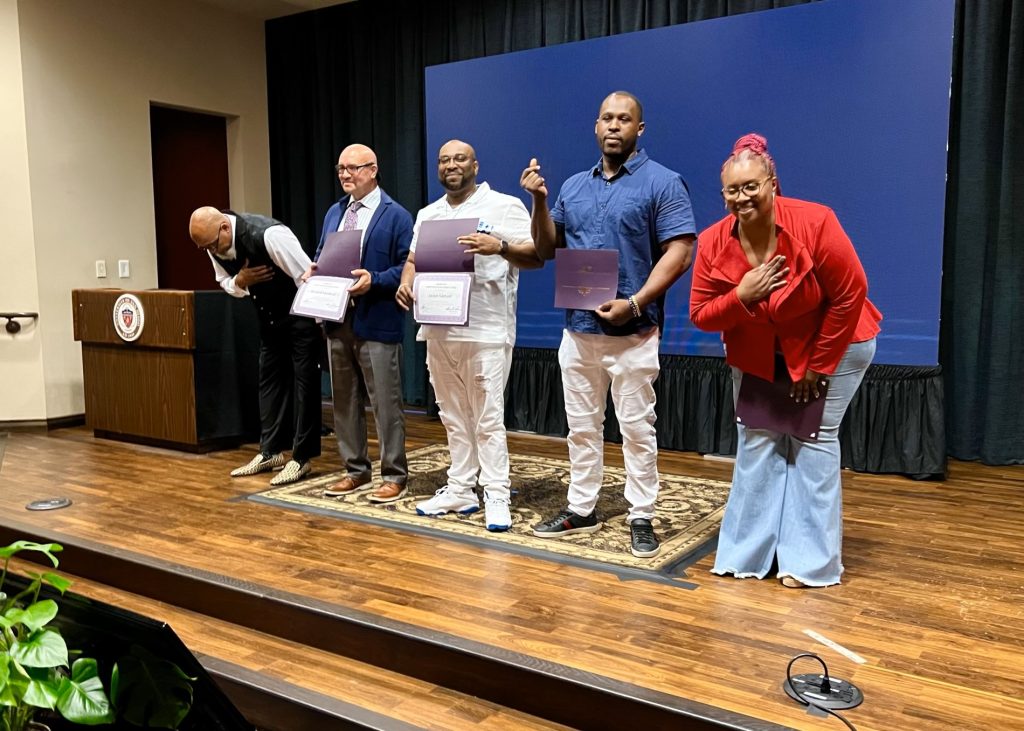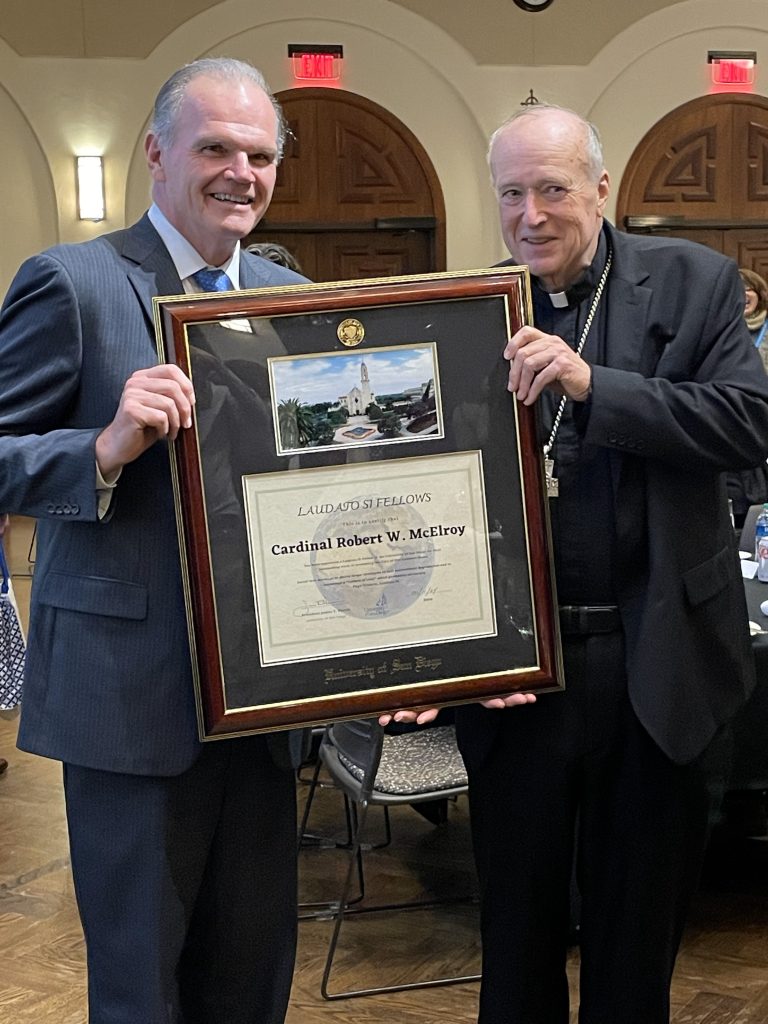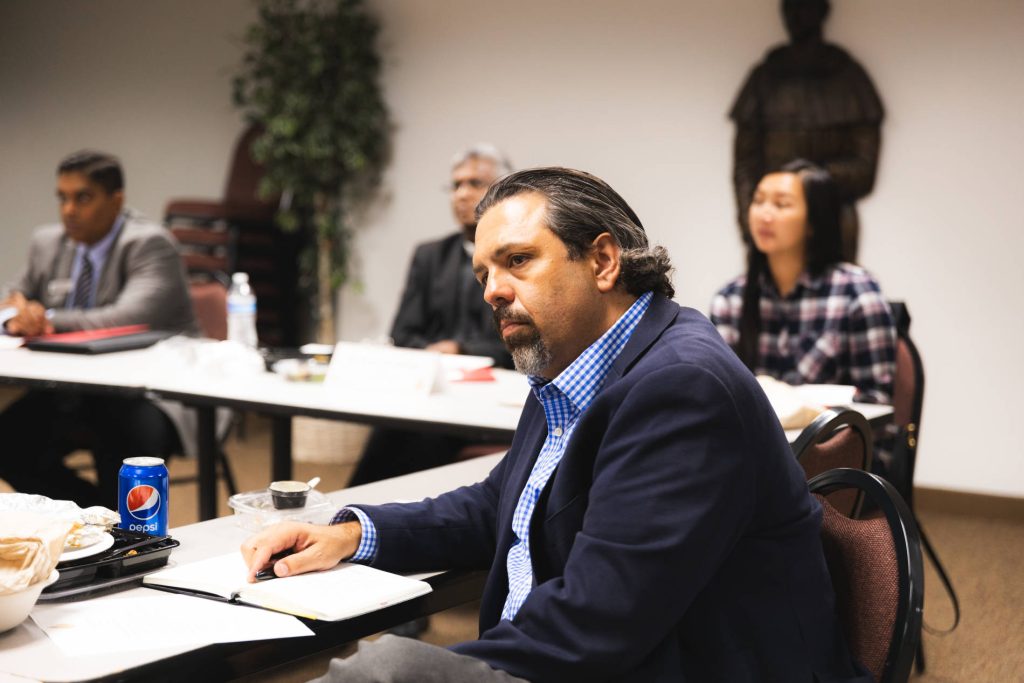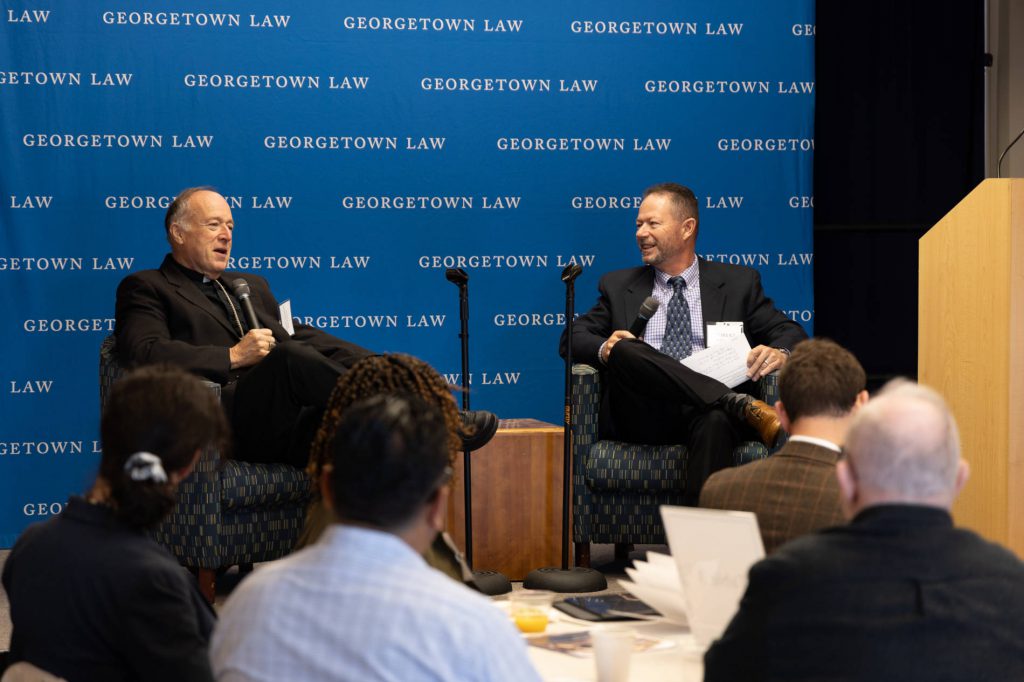By Victor Carmona
Ten years ago, Pope Francis walked out on the balcony of St. Peter’s Basilica and smiled gently. He quipped that his brother cardinals went to the ends of the earth to find Rome a bishop, given that he came from Buenos Aires. His humor and humility immediately captivated many. He spoke and acted in a way that, looking back, gave a glimpse of the journey that was to come.
After introducing himself, Pope Francis went on to say, “And now, we take up this journey: Bishop and people … A journey of fraternity, of love, of trust among us. Let us always pray for one another. Let us pray for the whole world, that there may be a great spirit of fraternity.” He then said, “It is my hope for you that this journey of the Church, which we start today … will be fruitful for the evangelization of this most beautiful city.” A few moments later, he went on to ask those listening “to pray to the Lord that He will bless me: the prayer of the people asking the blessing for their bishop.”
Pope Francis’ words and actions on the balcony that day — his invitation to fraternity, prayer and fruitfulness — offer a pastoral, theological and social key to discern the journey we were about to begin. They help us appreciate the impact his ministry continues to have on our shared life in the Church since then, including here in the San Diego-Imperial Valley region.
Francis’ invitation to fraternity offers a foretaste of his focus on healing the wounds that mark the lives of many in the Church and beyond it. Early in his papacy (2013), the pope shared that he saw the Church as a field hospital after battle and that it needed the ability “to heal wounds and to warm the hearts of the faithful; it needs nearness, proximity.” In that way, may we then bear witness to the Good News.
In his first apostolic exhortation, “The Joy of the Gospel” (2013), Francis thus invites all Christians to renew our encounter with Christ, whose tenderness never disappoints and “is always capable of restoring our joy.” The reality of our wounds calls us — especially those engaged in pastoral work — to be open to experiencing Christ’s tenderness so we may relate with one another in like manner. In that fraternity, the joy of the Gospel nurtures a Church that goes forth and risks being “bruised, hurting and dirty because it has been out on the streets,” rather than staying within its known confines, “clinging to its own security.”
Francis’ exhortation gave way to a Jubilee Year of Mercy (2016), which invited the Church to experience Jesus’ tenderness as the Good Shepherd whose desire is for us to be merciful like the Father (Luke 6:36).
Francis trusts that a people who experience God’s mercy may be able to move beyond condemnation and judgment to share God’s mercy — along with the healing that it brings — with all. For Francis, that pastoral experience moves the Church to the theological task of prayerfully discerning, “What does it mean to be Christian today, ‘in the here and now’?” It is a task that Francis called on the Church to take up through a worldwide, ongoing consultation known as a synod. Here in San Diego, the experience of listening to each other’s joys, hopes and sorrows in the life of the Church moved us to grapple with the demand of being a radically inclusive Church.
The Church’s commitment to tend our wounds, and the prayerful theological task that must accompany such care, roots Francis’ hope that we will be fruitful in giving witness to the Good News from the margins, peripheries, and borders of our world. His solicitude towards immigrants, refugees, the unhoused, members of the L.G.B.T. community, and our common home stems from such hope. A fraternal openness that in the context of the pandemic only grew more important still.
Ten years on, the Church’s journey with Pope Francis continues to be marked by his ongoing invitation to fraternity, prayer and fruitfulness. May our response bear witness to “the fragrance of the Gospel.”
Victor Carmona is a professor of Theology at the University of San Diego.









